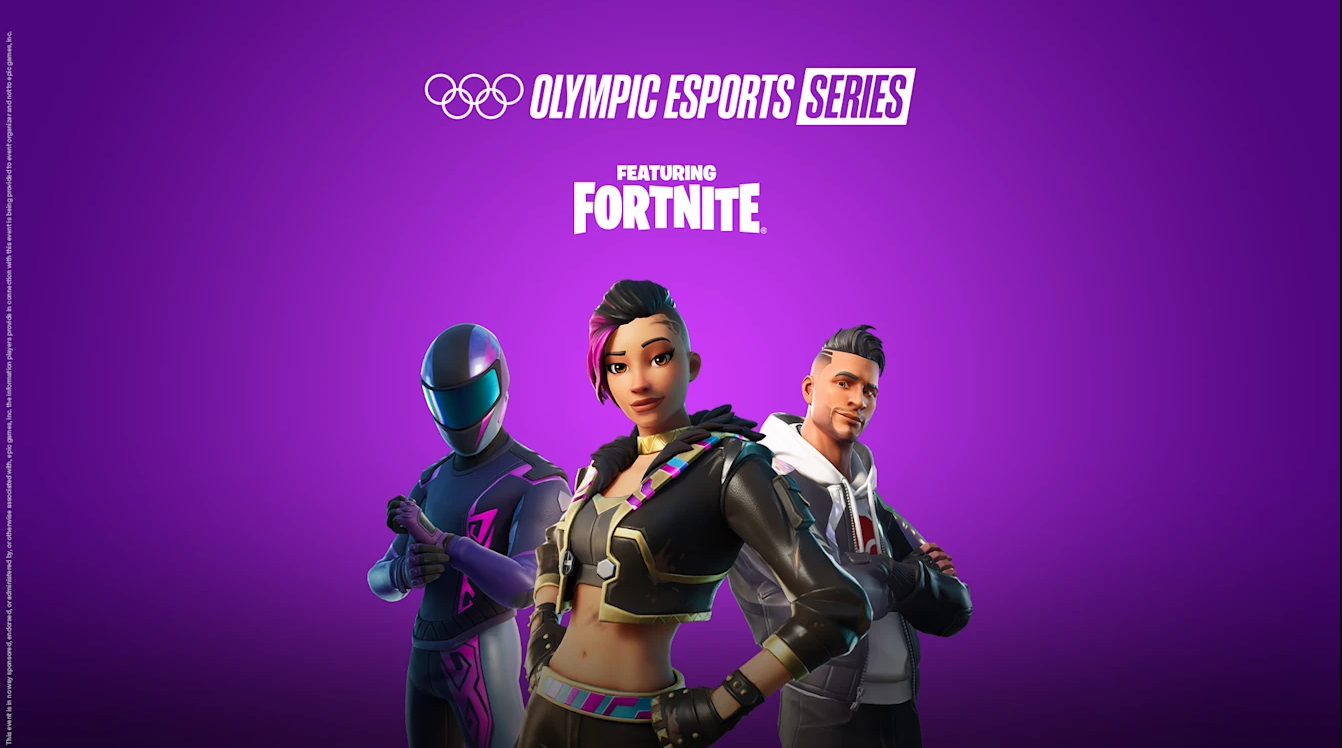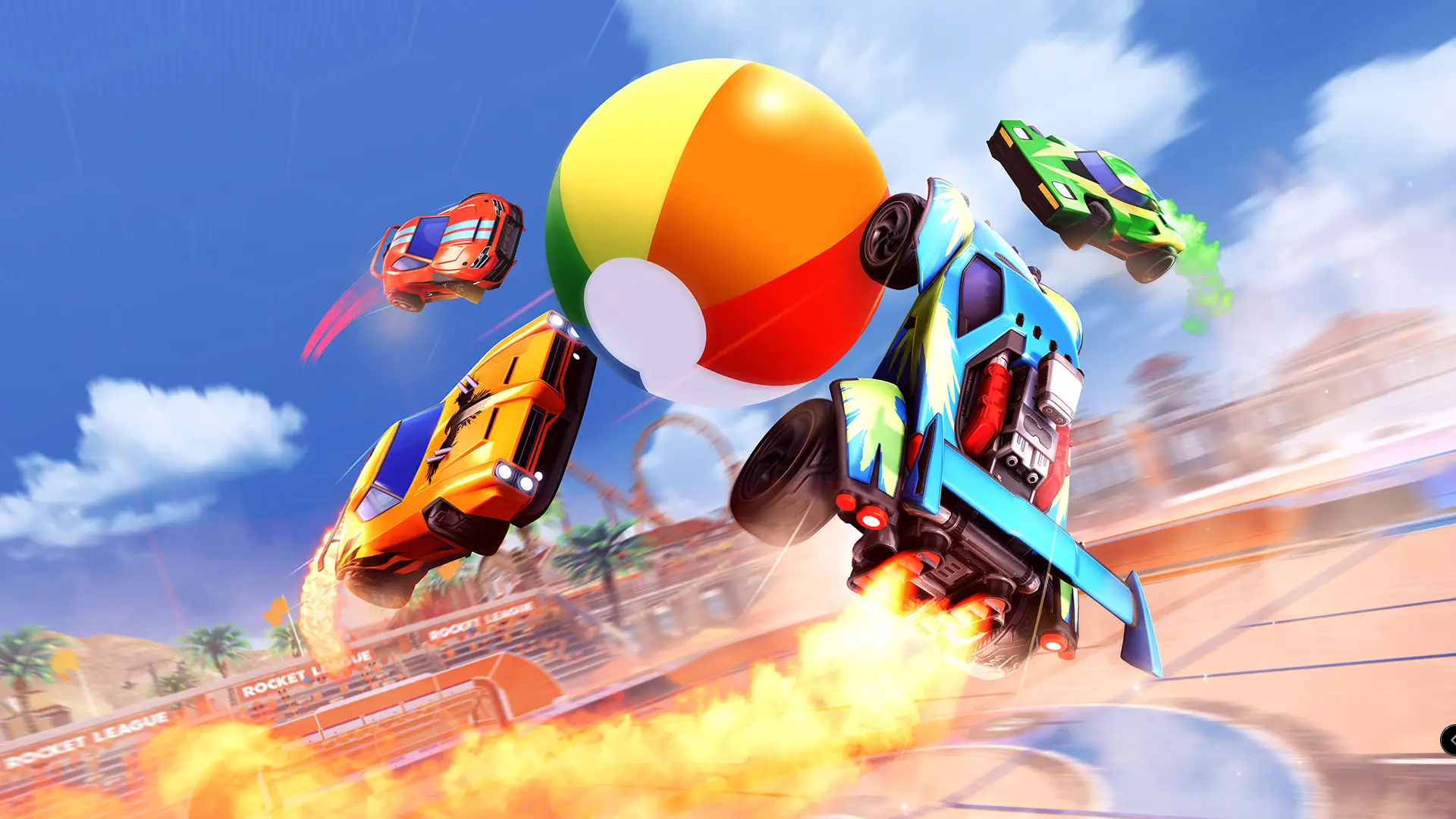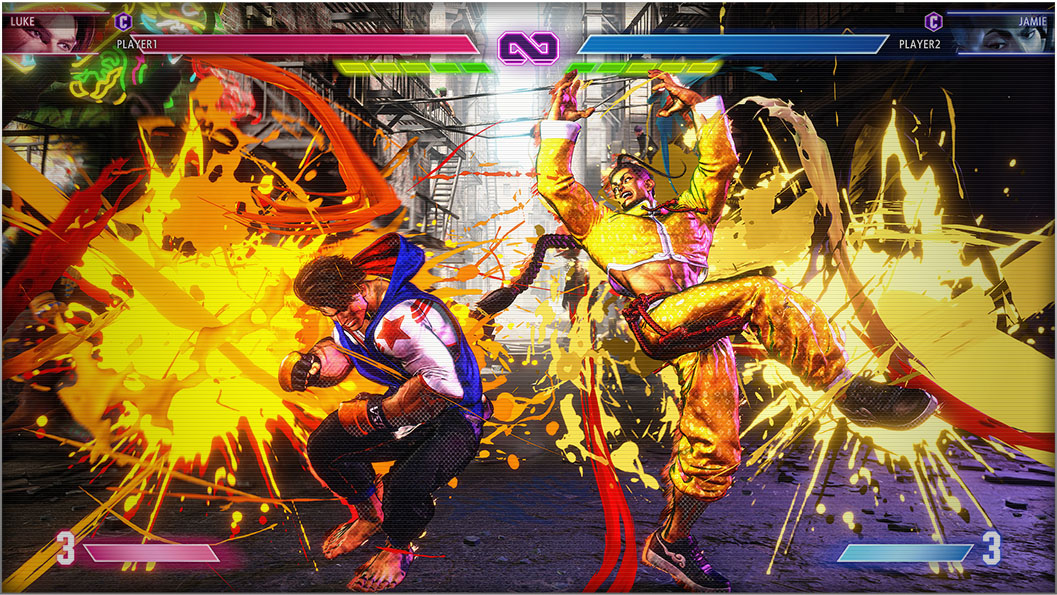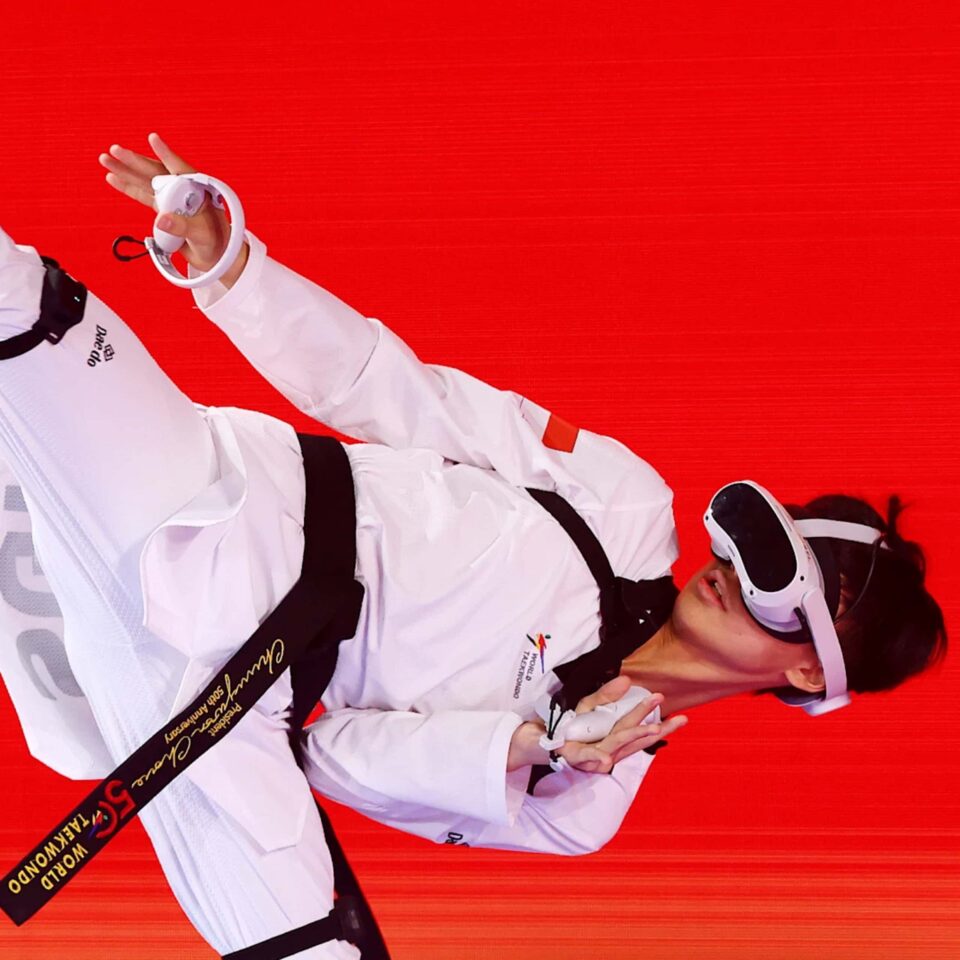Seems like the answer is a bit more complicated than just “electronic sport.”
In case you missed it, the inaugural Olympic Esports Series (OES) took place in Singapore from July 22 to 25. The four day event was the International Olympic Committee’s (IOC) first serious venture into the world of esports, and the Philippines even had its own representatives to mark the occasion.
READ MORE: Iñigo Anton: On Taking the Philippine Flag to the First Olympic Esports Week
Yet, many were baffled when the IOC’s lineup of featured games contained none of the regular, most popular esports titles known by fans. These were esports included:
- Archery – Tic Tac Bow (mobile)
- Baseball – WBSC eBASEBALL: Power Pros (Nintendo Switch/Playstation 4)
- Chess – Chess.com (web browser)
- Cycling – Zwift (digital and physical setup)
- Shooting – Fortnite (PC)
- Dance – JustDance (Nintendo Switch)
- Motor Sport – Gran Turismo 7 (Playstation 5)
- Sailing – Virtual Regatta (mobile)
- Taekwondo – Virtual Taekwondo (VR set)
- Tennis – Tennis Clash (mobile)
Certainly, these are sports played with electronic devices, but they aren’t exactly what comes to mind when we talk about ‘esports’. This begs the question, then: what exactly is an esport?
The IOC and Simulated Sports
To let the IOC off the hook, they described the OES as “a global virtual and simulated sports competition.” With this definition, their choices of featured games makes a lot more sense.
Popularity also wasn’t a factor that went behind their choice of games. The IOC looked for games that aligned with their values, such as participation inclusivity and low technical barriers of entry. After all, it would be a shame if you couldn’t play a game because you haven’t unlocked all the features yet in your League of Legends account.

This also means that any games featuring overt violence were out of the question. That immediately removes a majority of esports from the running and is also why Fortnite, a battle-royal game where players shoot each other until only one is left standing, only has players running around in a specially designed shooting gallery during the OES.
It’s clear that the IOC had their own definition of esports and made their choices accordingly. However, we can also say that their definition doesn’t align with what the majority of esports fans think. So, the question still remains — how do we define what an esport is?
Competitive Video Gaming VS. Esports
It’s safe to say that it’s impossible to pinpoint when exactly ‘electronic sports’ or ‘esports’ became the widely accepted term for playing video games competitively. If we’re to think about it a bit more, the term ‘esport’ seems like a misnomer when we look at today’s most popular esports titles.

Outside of some fighting and simulation games, many esports resemble or play nothing like traditional sports. In that sense, the IOC’s definition seems more true to what an ‘esport’ is, but we already know that that’s not the way the majority sees it.
When we say esports we know we mean video games played at a professional and competitive level. That’s just how language works. And besides, it’s way less of a mouthful to say than competitive video gaming.
Interest, Dedication, and Competition
So with that out of the way, what video games can we actually call an esport? The short answer to that is just about any video game, really. As long as there’s an interest to play that game, a dedicated following that’s willing to master it, and budding competition among those seeking to call themselves the best, any game can call itself an esport.
Some are better suited for that than others, of course. It’s easy to draw players and spectators when your game has massive financial support compared to a game that you and a handful of people play just for the love or fun of it.

At the end of the day, what makes an esport is the community around it. You don’t need a big stage, bright lights, or massive prize pools (although those certainly help). All you need are people who share the same passion as you do for a video game, and if that passion drives you to improve yourself and your skills, then I think you’ve found the exact meaning of an esport.
Banner image from Olympics.
Related Stories:
Iñigo Anton: On Taking the Philippine Flag to the First Olympic Esports Week
Sibol Crowned as Three-Peat Mobile Legends Gold Medalists in the 2023 SEA Games
Fnatic Sweep The Field And Become The Masters Tokyo Champions
